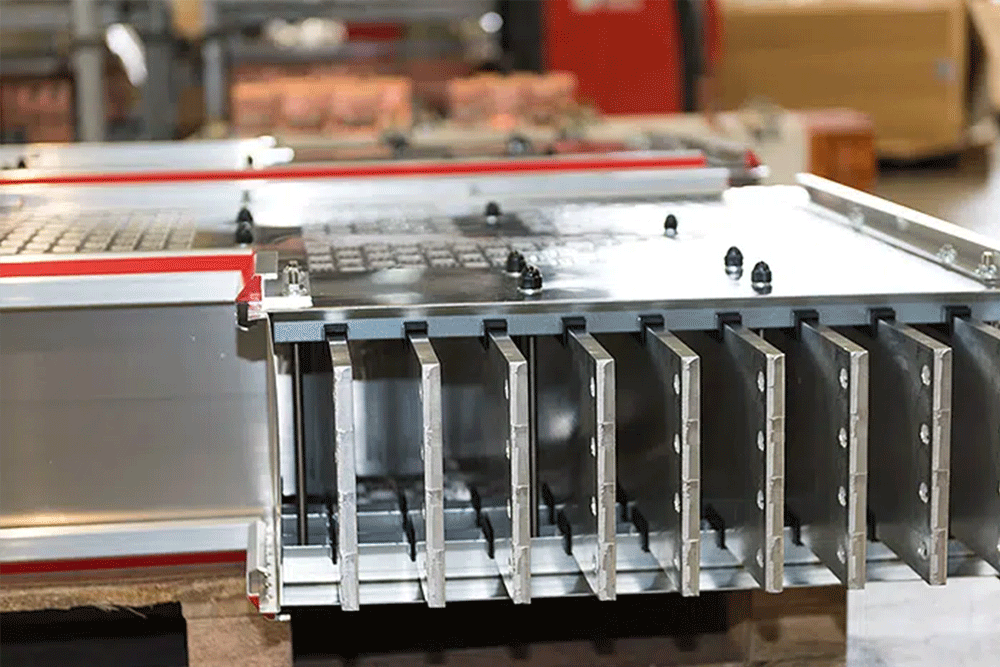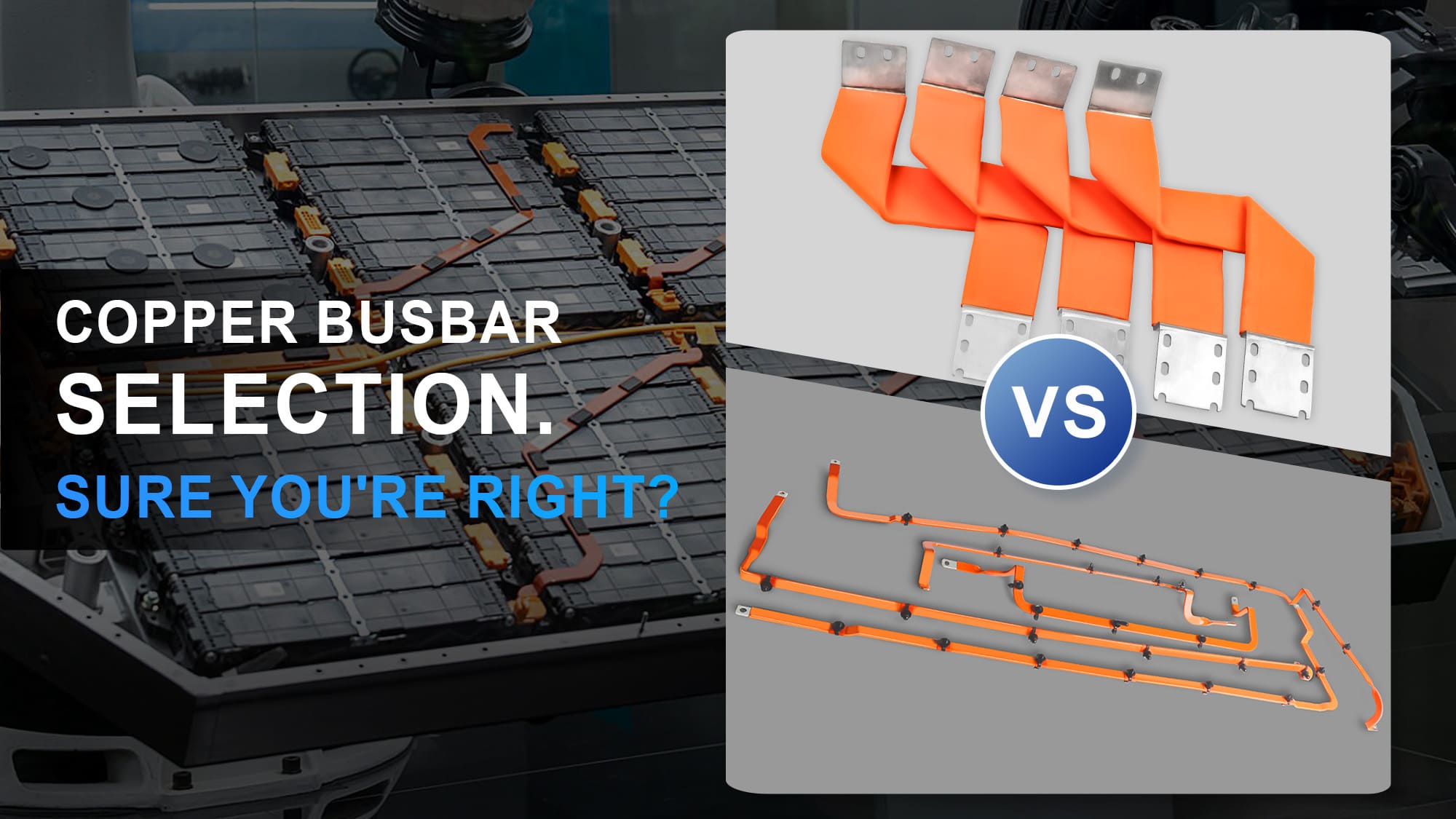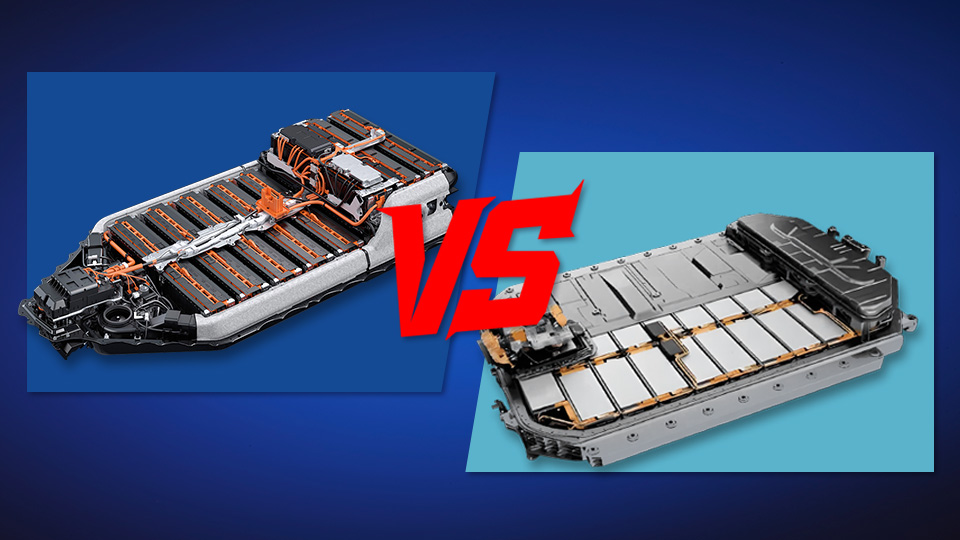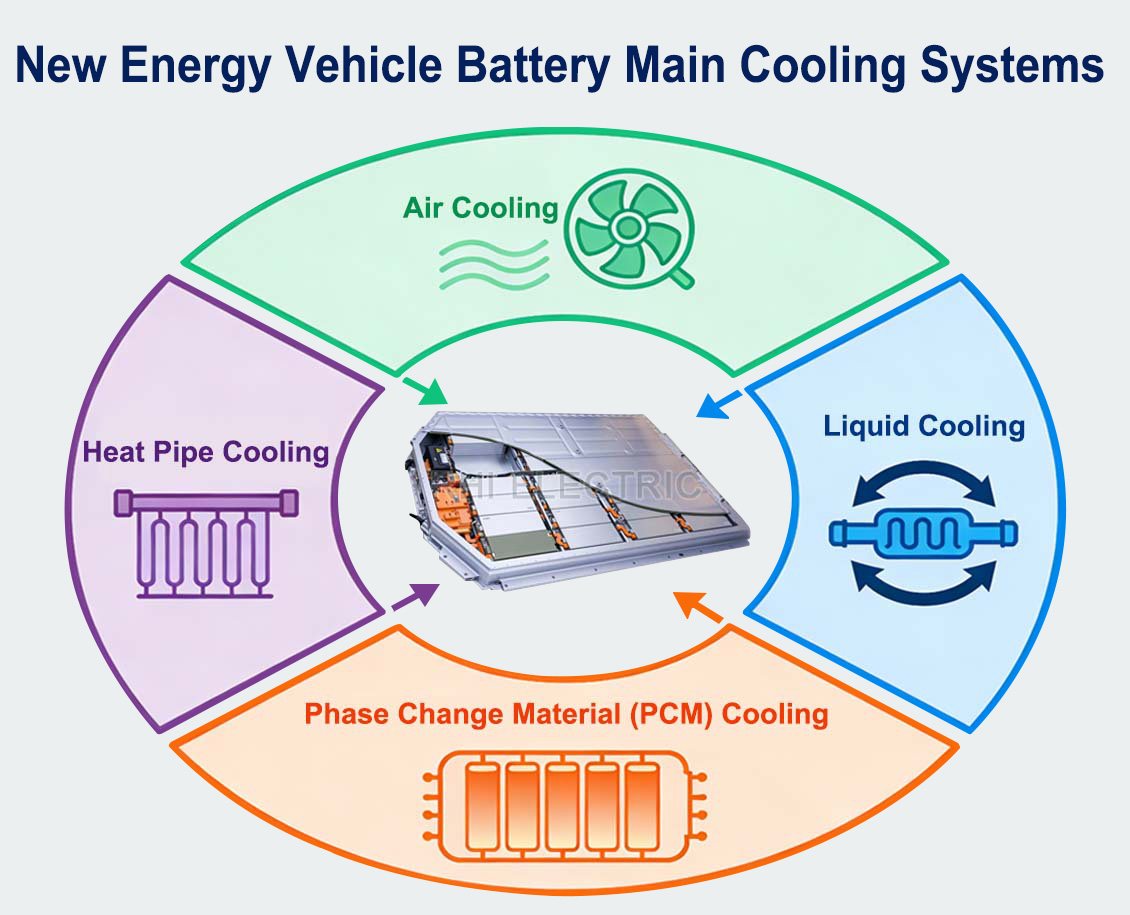The Power of Busbar Electrical Panels in Modern Electrical Distribution
Discover how busbar electrical panels improve modern power distribution with safer, efficient, and space-saving current management for industrial systems.
What is a Busbar Electrical Panel and Why Does It Matter?
A busbar electrical panel is a critical component in modern electrical distribution systems, providing a safe and efficient way to distribute power within industrial, commercial, and residential facilities. Unlike traditional cabling methods, busbar panels utilize conductive metal bars (busbars) within a structured panel system to distribute large currents with minimal losses. At RHI Electric, we design busbar electrical panels that prioritize safety, flexibility, and scalability to meet the diverse needs of power distribution projects worldwide.

Advantages of Busbar Electrical Panels Over Traditional Wiring
Busbar panels offer numerous benefits compared to traditional cable-based distribution systems. They provide better heat dissipation, reducing the risk of overheating under high current loads, and occupy less space within switchgear and distribution panels. The modularity of busbar systems allows for easy expansion when additional circuits are needed, reducing installation time and future upgrade costs. For industries looking to optimize efficiency, a busbar electrical panel from RHI Electric helps achieve stable, organized, and efficient power distribution in a compact footprint.
Applications Across Industries and Facilities
Busbar electrical panels are widely used in factories, data centers, commercial buildings, and renewable energy facilities. For example, in manufacturing plants, these panels handle large currents to power heavy machinery while ensuring operational safety. Data centers utilize busbar systems to maintain consistent power distribution with flexibility for expansion as server demands increase. RHI Electric’s panels are designed to handle varying voltage and current requirements while adhering to global electrical standards, making them suitable for diverse environments.
Technological Excellence from RHI Electric
RHI Electric leverages advanced engineering to produce busbar electrical panels with high-conductivity copper or aluminum busbars, ensuring minimal energy loss during distribution. Our panels feature robust insulation systems, integrated safety mechanisms, and customizable configurations to match specific project requirements. Additionally, RHI Electric panels are tested under strict quality standards to ensure reliability under heavy-duty operations, providing customers with peace of mind and long-term operational stability.
Supporting Sustainable and Safe Power Distribution
Sustainability and safety are critical in modern electrical design, and busbar electrical panels contribute to both. By reducing conductor waste and providing efficient current flow, busbar panels support green energy initiatives while improving operational safety by reducing fire risks associated with overheating cables. RHI Electric is committed to offering products that align with energy efficiency goals while maintaining the highest safety standards in electrical infrastructure projects.

FAQ: Busbar Electrical Panels
Q1: What is the main function of a busbar electrical panel?
It distributes electrical power efficiently within a facility using structured conductive busbars.
Q2: Are busbar panels safer than traditional wiring?
Yes, they reduce heat buildup, improve organization, and minimize fire hazards.
Q3: Can busbar panels handle high-current applications?
Absolutely, they are designed to handle large currents safely, making them suitable for industrial facilities.
Q4: Are RHI Electric’s busbar panels customizable?
Yes, RHI Electric offers tailored configurations based on project voltage, current, and layout requirements.
Q5: Where can I learn more about busbar electrical panels?
Visit RHI Electric for detailed product specifications and consultation.









